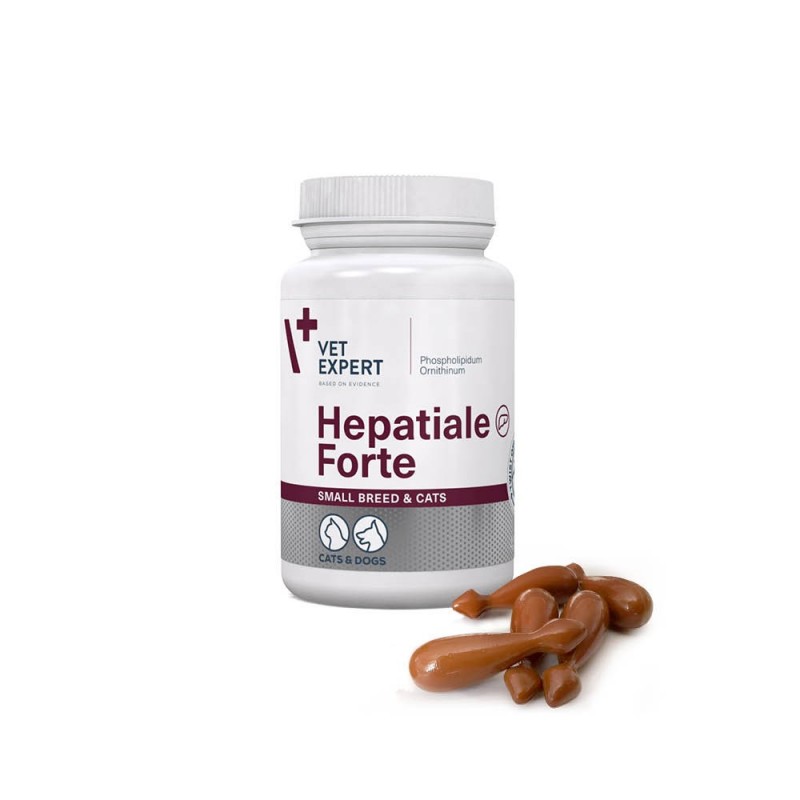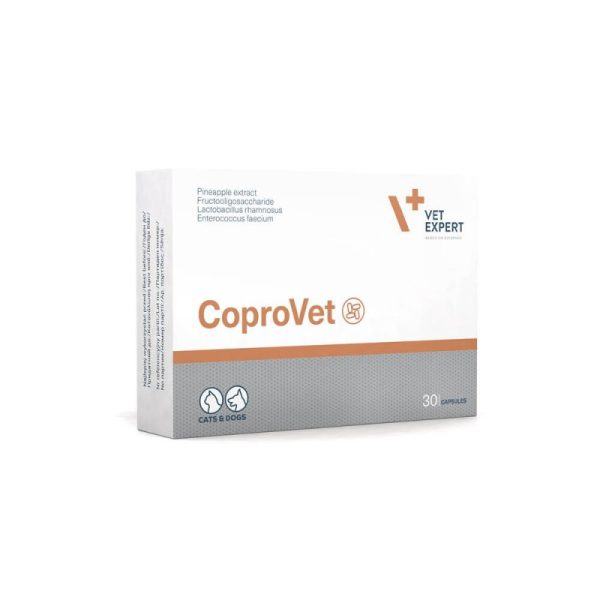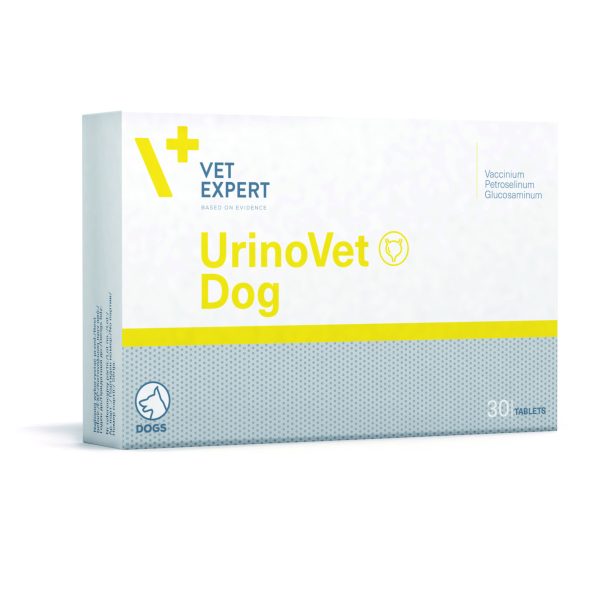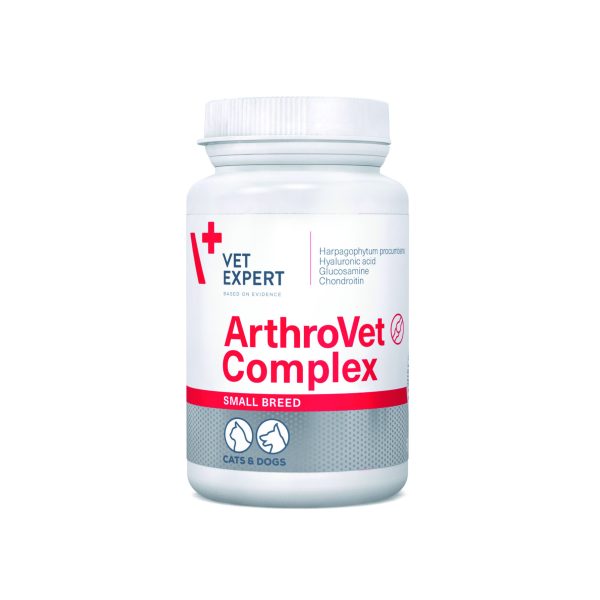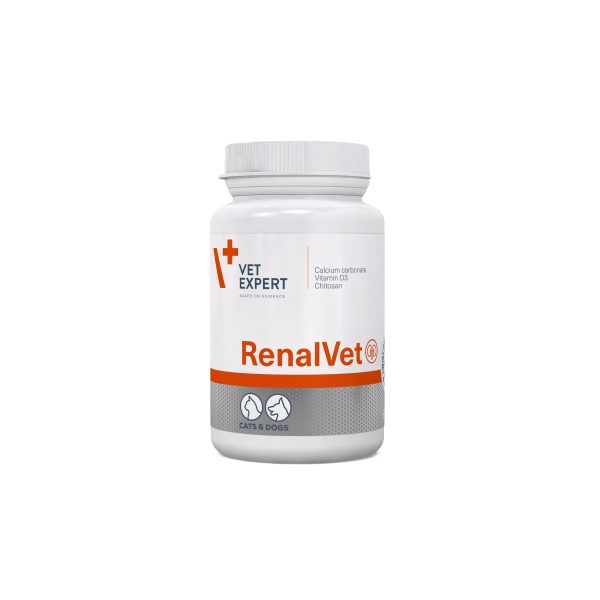Description
LECITHIN, contained in soy beans, is a source of phospholipids. Phospholipids are rich in fatty acids and constitute the building blocks of membranes of liver, brain and heart cells. The most important phospholipid is phosphatidylcholine, which constitutes about 40% of all phospholipids forming the membrane of liver cells, i.e. hepatocytes. Phosphatidylcholine is involved in the metabolism of fats, has a protective effect on hepatocytes, supports the processes of regeneration and stabilisation of hepatocyte cell membranes, and protects the liver from damage.
ARGININE is an exogenous protein amino acid involved in a number of metabolic processes in the liver. Its primary function is related to the transport, accumulation and excretion of nitrogen and ammonia via the urea cycle. Arginine is the precursor of ornithine in the aforementioned urea cycle. It is also a conditionally essential amino acid in cases of metabolic stress and in high-protein diets.
GLUTAMINE is an amino acid that becomes conditionally essential under catabolic stress conditions. Its primary function is to provide substrates for gluconeogenesis, which takes place in the liver. It is also a precursor of ornithine and thus plays an important role in nitrogen metabolism and helps to remove ammonia from the body, formed by protein metabolism.


